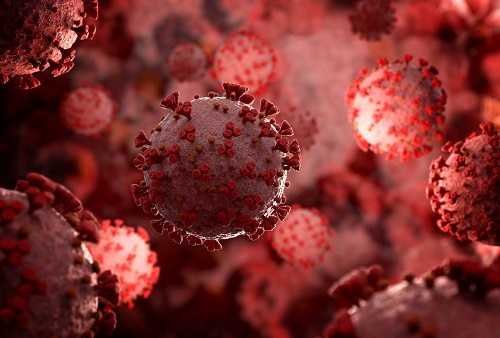Clinical studies suggest people living with well‐controlled HIV are not at risk of poorer COVID‐19 disease outcomes than the general population.[1,2]
However, since our first analysis of research focusing on how COVID-19 interacts with HIV, a number of new studies have been published that suggest some important exceptions at the population level.
Here we provide an overview of the three most noteworthy reports:
First reported at the 23rd International AIDS Conference (AIDS 2020), one study analyzed routine public sector patient data of approximately 3.5 million adults in the Western Cape province of South Africa during the period March 1 through June 4, 2020. The analysis found a modestly increased risk of COVID-19 death among people living with HIV (PLWH) in comparison with HIV-negative people, with an adjusted hazard ratio (aHR) of 1.78, which is significantly lower than people living with hypertension and diabetes.[3]
OpenSAFELY is a U.K.-based analytics platform that uses electronic medical records data from 17.3 million patients in National Health Service (NHS) and national death registrations to calculate the impact of various risk factors on COVID-19 outcomes. The organization reported an aHR of 2.3 for PLWH to die from COVID-19 when compared with the general population between February 1 and June 22, 2020.[4]
See also: What can insurers learn about COVID-19 risk factors from OpenSAFELY, the largest cohort study to date?
Similarly, a retrospective cohort study conducted by matching the HIV registry of New York State (NYS) against its COVID-19 diagnoses and hospitalization databases, found elevated hospitalization and mortality rates among PLWH compared to the non-PLWH population in the first three months of the pandemic from March 1 to June 7, 2020. The elevated COVID-19 outcomes even extended into the subset of people who were virally suppressed and had high CD4 counts.[5]
Summary
It is noteworthy that the findings of the latter two studies have not yet been peer-reviewed and the public sector healthcare datasets utilized in the above public health studies often do not gather information on socioeconomic status, obesity, or smoking which may also be important risk factors. These studies may serve as a reminder that life insurance risk assessment is not just about the primary diagnosis but the holistic consideration of the overall risk. It can be even more important in the setting of a strained healthcare system where access to care and resources may have an additional impact.



